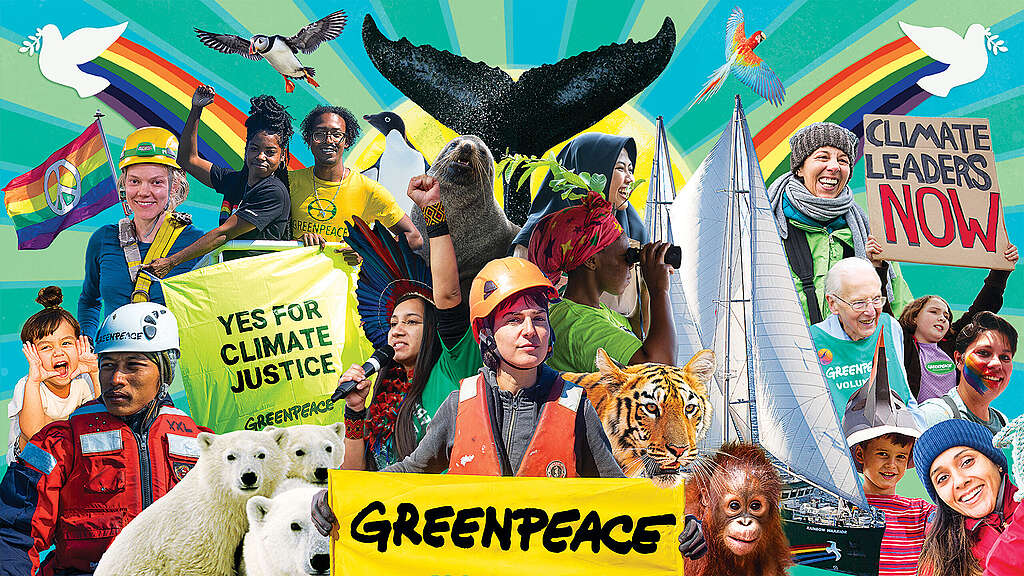How Greenpeace creates change
Greenpeace Malaysia was born from the spirit and actions of those who, together, took a stand to give this country, its nature, and local people a voice. People have always been at the core of our campaigns. They have been and remain our partners in bringing about positive change.
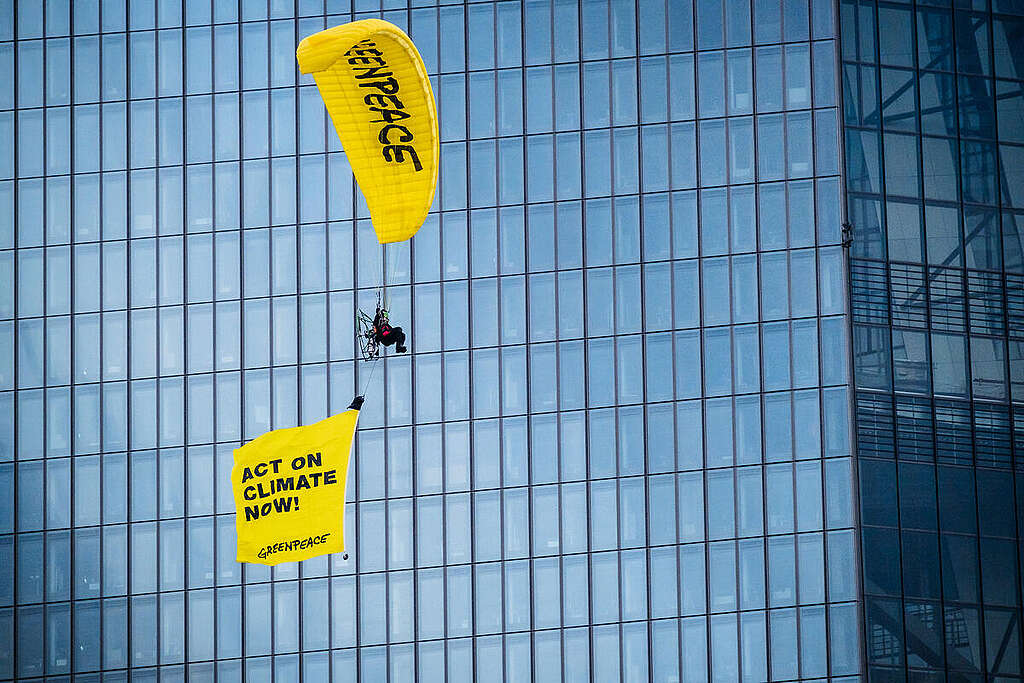
Investigations
We intervene where our action is most likely to spark positive change – whether this is intervening at the point of an environmental crime, targeting those who have the power to make a difference, engaging people and communities who can leverage change, or working for the adoption of environmentally responsible and socially just solutions. Usually, our campaigns involve elements of all of these tactics.
Greenpeace’s investigations expose those responsible for environmental destruction and shed light on the areas of operation that they would rather stay in the dark.
The Greenpeace Research Laboratories (The Greenpeace Science Unit) anchors Greenpeace solidly in science with rigor – the facilities are located within the University of Exeter in the UK. The Unit provides scientific advice and analytical support to Greenpeace campaigns and offices world-wide, over a range of disciplines. Our investigations provide science-based research and hard evidence on environmental crimes happening and identify who are involved or be held responsible. By doing so, we properly inform the public to enable our campaigns. Using a variety of techniques from field work, satellite imagery, business and financial analysis, and working with whistleblowers, our investigations provide the facts and evidence Greenpeace needs in order to bring about change.
Our investigations have led to expose some of the world’s biggest consumer brands being linked to forest destruction in Indonesia; put the spotlight on UK plastic waste illegally shipped to Malaysia; and uncover modern slavery at sea befalling Southeast Asian migrants.
Lobbying
Through lobbying, Greenpeace can encourage and persuade those in positions of power to take the bold steps needed to protect the planet. We make sure that our campaign demands are clearly heard by decision-makers like politicians and business leaders, and we ask them to translate these demands into real action that protects the environment.
We meet with government leaders and politicians to build political support for our campaigns, produce and disseminate reports, organise briefings, and make submissions to consultations and committee inquiries.
Globally, Greenpeace campaigns to influence international treaties and conventions on environmental protection so they are as strong and ambitious as possible. We work hard behind the scenes at COP climate conferences, and engage policy makers and diplomats at international forums like The Convention on the Conservation of Antarctic Marine Living Resources (CCAMLR) to encourage countries across the world to work together and deliver stronger environmental protections for the benefit of all.
Peaceful direct action
Taking peaceful, non-violent direct action has always been at the heart of our work. Greenpeace was founded in 1971 by a small group of people who set sail in an old fishing boat to try and stop a US nuclear weapons test on an island off the coast of Alaska.
Direct action is about putting yourself on the line to stop an immediate wrong at the scene of the crime. Ordinary people around the world can act to confront those in positions of power with their responsibility for stopping global environmental destruction. We act to raise the level and quality of public debate. Above all, we act to provoke action from those with the power and responsibility to make change happen.
Guiding all of our actions, always, is a commitment to nonviolence and personal responsibility. These principles are inspired by the Quaker concept of ‘bearing witness’, which is about taking action based on conscience. Everyone on every Greenpeace action is trained in the principles of nonviolent direct action (NVDA).
Our fleet of ships allows us to take action and bear witness at the scenes of environmental crimes around the world, often in remote and difficult-to-reach places. When taking physical action to stop an environmental wrong isn’t possible, ‘bearing witness’ through one’s physical presence at the scene of the crime is another way to act on conscience and remind those responsible that they have a higher responsibility than the corporate bottom line.
People power
Across the world, millions of people play a huge and crucial part in Greenpeace’s work. This might be through signing petitions and sharing social media posts, joining to volunteer with local groups or on protests, and even taking part in direct actions . Our campaigns give people a chance to channel their love for the natural world into real action.
Change only comes when a critical mass of people demand it. Greenpeace helps ordinary people make that happen. Our campaigns give them effective ways to make demands of elected politicians or corporations committing environmental harm. From the tens of thousands of messages Greenpeace helps people send to decision-makers, to the millions of signatures collected on petitions, Greenpeace enables people all over the world to come together and demand the change they want to see.
Keep Exploring
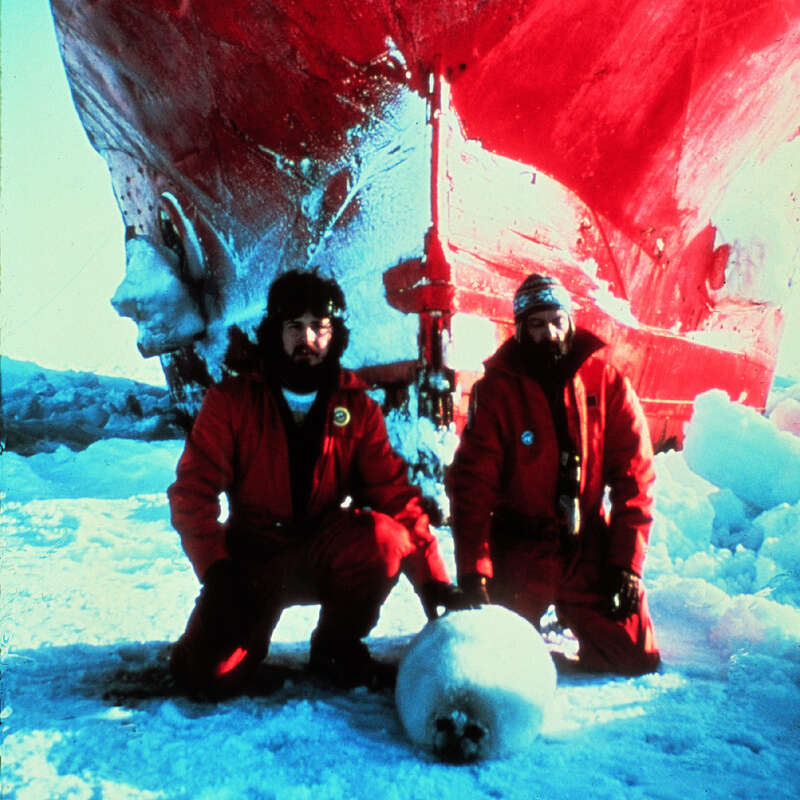
Victories
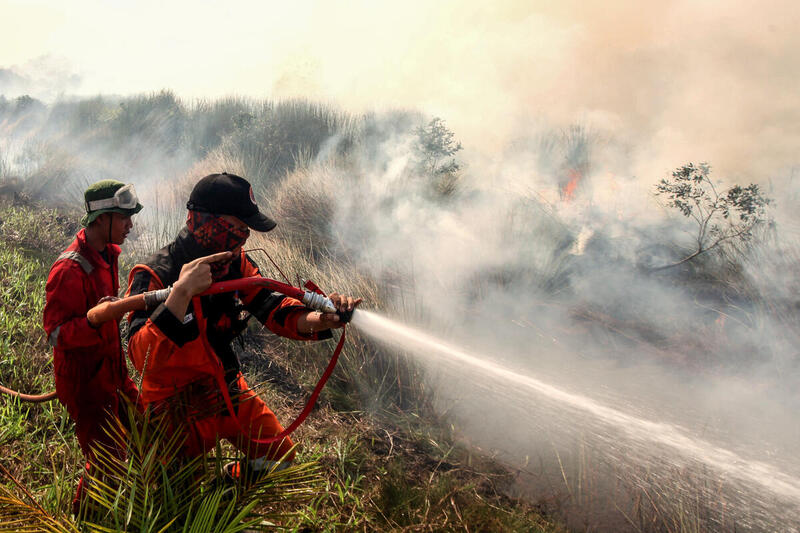
Latest Updates
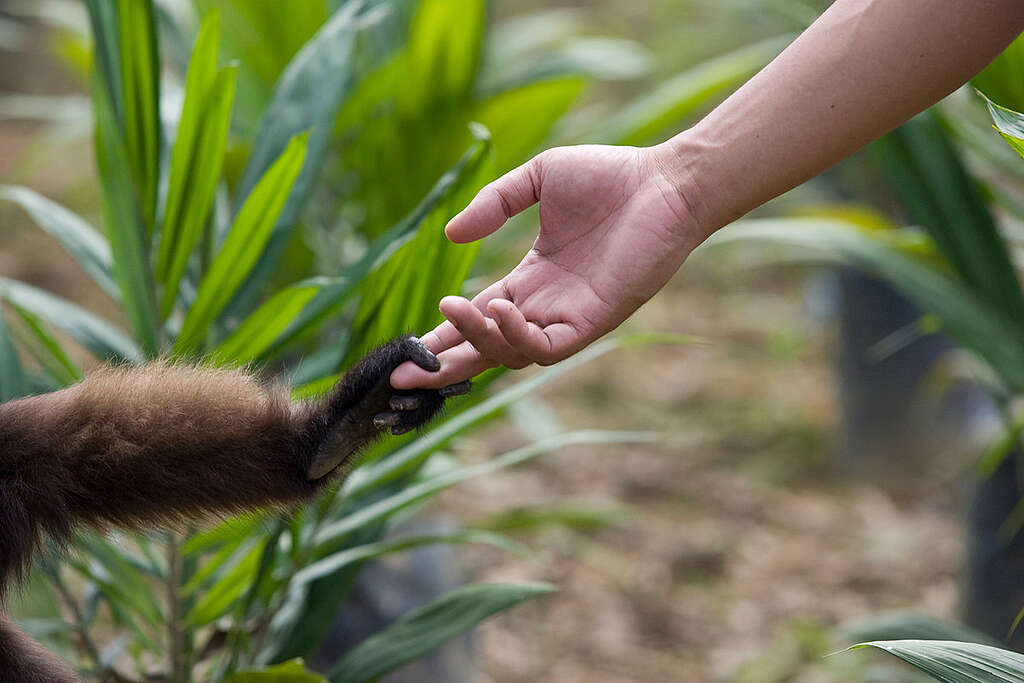
Our Campaigns
Subscribe for updates
Together we are part of a growing, global movement determined to bring about the changes our planet desperately needs.

